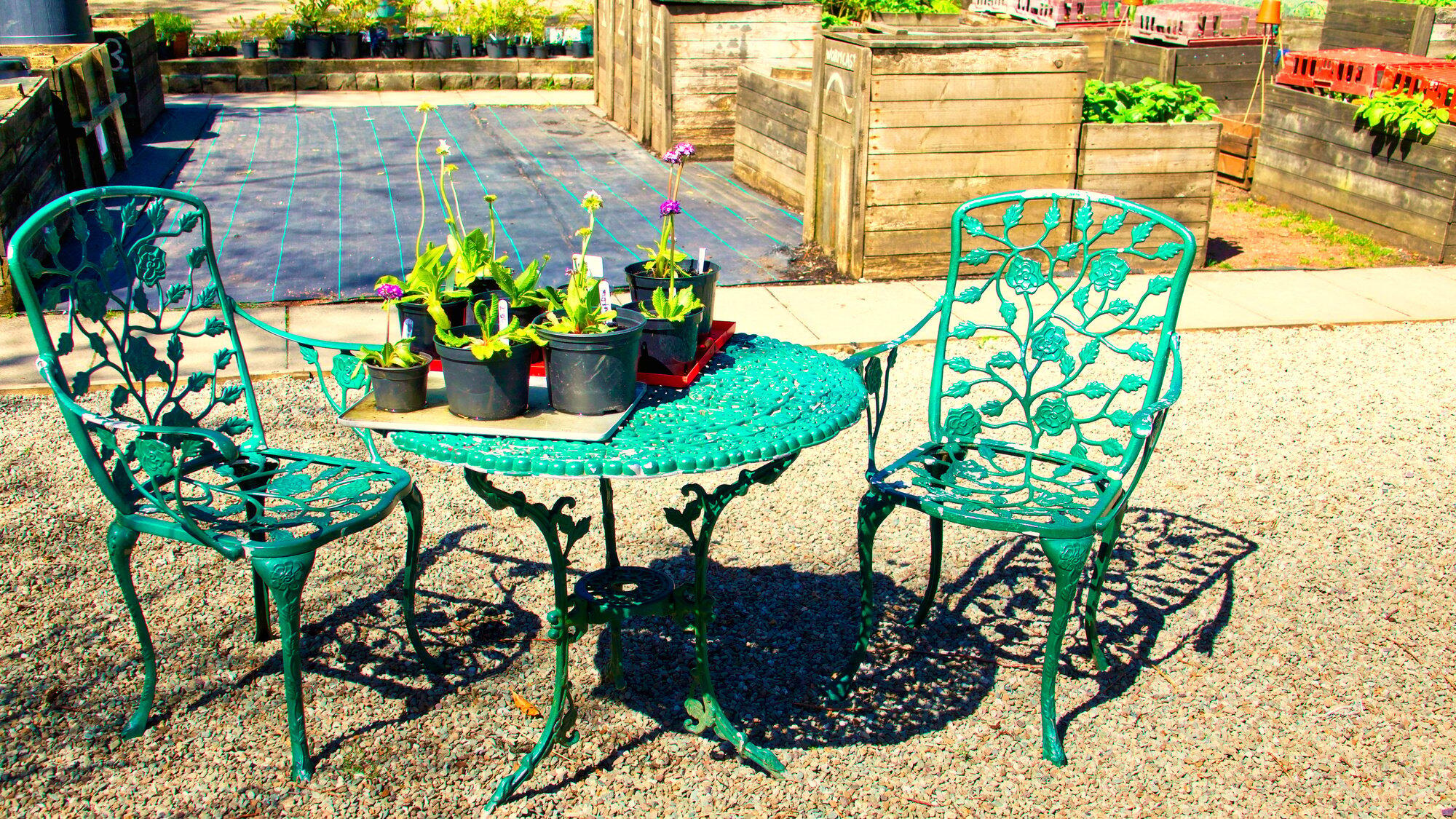When it comes to purchasing your next home, you may have a certain style in mind. However, it’s best to keep an open mind and evaluate the different types of properties available to you.
The main decision usually centres on whether you go with a new build or a traditional home. While some are drawn to historic old homes, others prefer the blank canvas that comes with a modern home. There’s no wrong answer and both have a variety of benefits, it’s all about seeing what works for you.
In this guide, we take a look at the main differences between new builds and traditional homes to help make your choice a little easier.
Maintenance and repairs
New builds must comply with all current building regulations, meaning that you shouldn’t face any immediate repair issues. Some minimal maintenance may be required initially but you should have a 10-year warranty in place should anything major need sorting, providing peace of mind.
Older homes are more prone to repairs and maintenance but you will usually be made aware of this during the buying stage. Therefore, it’s up to you as to whether you want to take on the project or not. If you find joy in restoring and preserving historic properties, then this option may appeal to you.
Customisation and personalisation
With traditional houses, you’ll find that these properties have more quirks, which give them character and charm. There’s also a higher likelihood that the home will have undergone extensions or improvements, meaning you won’t need to invest as much into it.
However, this does mean that the home may be decorated in a way that doesn’t suit your style. If this is the case, you’ll need to rip out wallpaper, paint over walls, and lay down new carpets, which can be costly.
If you’ve always fancied decorating your own place from scratch, then a new build is the perfect choice for you. Since the property is basically a blank canvas, you can design the space however you see fit. You’ll also usually be able to choose the flooring and paint colour for the home while it is being built, meaning you don’t need to worry about these tasks yourself.
Energy efficiency and technology
Energy efficiency is becoming a priority when looking at homes, particularly due to the fact that they reduce running costs. Yet, only 40% of homes in the UK meet the recommended Energy Performance Certificate (EPC) rating of ‘C’ or above. Therefore, if you purchase a home with a low EPC rating, you may need to spend a large sum to update to current regulations.
On the other hand, new builds are designed with modern energy-efficient appliances and technologies. The EPC rating of new build properties is generally much higher, which is great for the homeowner as it reduces both environmental impact and energy bills.



